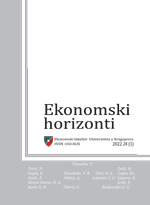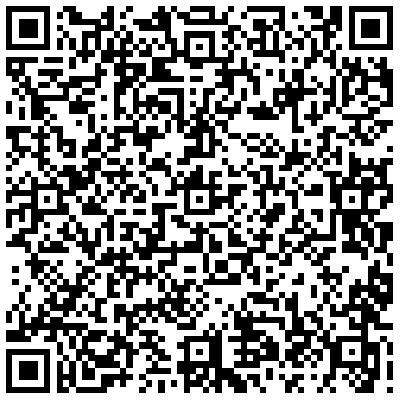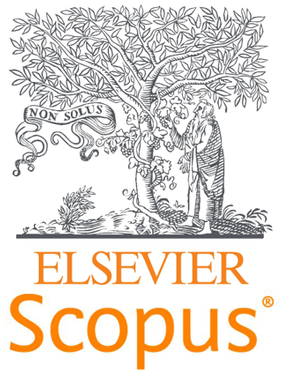THE EFFECTS OF INCOME TAX ON THE UNEMPLOYMENT RATE IN THE UNITED STATES
Tuan Viet Le1 and Kyle Elliott2
1University of Findlay, College of Business, Findlay, USA
2The Bank of New York Mellon Corporation, Pittsburgh, Pennsylvania, USA
This study investigates the correlation between state income tax and unemployment rates across the United States. Using panel data in 50 states pertaining to the period from 2006 to 2022 with different regression models, the results suggest that the state corporate and personal income tax rates are positively correlated with the state unemployment rate. Specifically, a 1% decrease in the personal income tax rate may lead to a 0.712% decrease in the state unemployment rate, and a 1% decrease in the corporate income tax rate may cause a drop of 0.328% in the state unemployment rate. In addition, the results show that a personal income tax hike is associated with an increase of 1.532% in the state unemployment rate, and a corporate income tax hike may increase the state unemployment rate by 0.78%. The results of this study are relevant in the context of increasing government spending in the US and the world. Policymakers and government officials may not want to abuse the tax policy to fund the budget deficits.
Keywords: unemployment rates, personal income tax, corporate income tax, fixed-effects model, dynamic panel data
JEL Classification: H71, E24, J2




